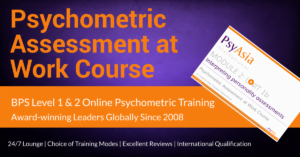May 6, 2021
Objective
To explore memory functioning 7 years after severe paediatric traumatic brain injury (TBI), associated factors, and relationships with other outcomes.
Method
Children aged 0–15 years (n = 65), consecutively admitted over a 3‐year period in a single trauma centre, who survived after severe non‐inflicted TBI, were included in a prospective longitudinal study. Memory assessments were performed 7 years post‐injury using the Children’s Memory Scale or the Wechsler Memory Scale (WMS IV), according to age. The General Memory Score (GMS‐7) was the primary outcome.
Results
Thirty‐seven patients were available for assessment at 7 years post‐injury. Mean GMS‐7 was in the low average range (M = 84.9, SD = 12.1). Lower GMS‐7 was significantly associated with markers of higher injury severity, such as length of coma. One year post‐injury functional and disability outcomes explained 74% of the variance of GMS‐7. Concurrent intellectual ability and type of ongoing education correlated strongly with GMS‐7. Age at injury and parental education were not associated with memory outcome.
Conclusions
Memory functioning is variable but often strongly impaired several years after severe paediatric TBI, and is mostly related to injury severity, functional outcomes measured 1 year post‐injury, and concomitant cognitive and educational outcomes. GMS‐7 was lower at 7 years than one year post‐injury, supporting the importance of long term follow‐up.
Go to Source
Author: Hugo Câmara‐Costa,
Solène Viot,
Leila Francillette,
Marion Opatowski,
Hanna Toure,
Dominique Brugel,
Anne Laurent‐Vannier,
Philippe Meyer,
Laurence Watier,
Georges Dellatolas,
Mathilde Chevignard


